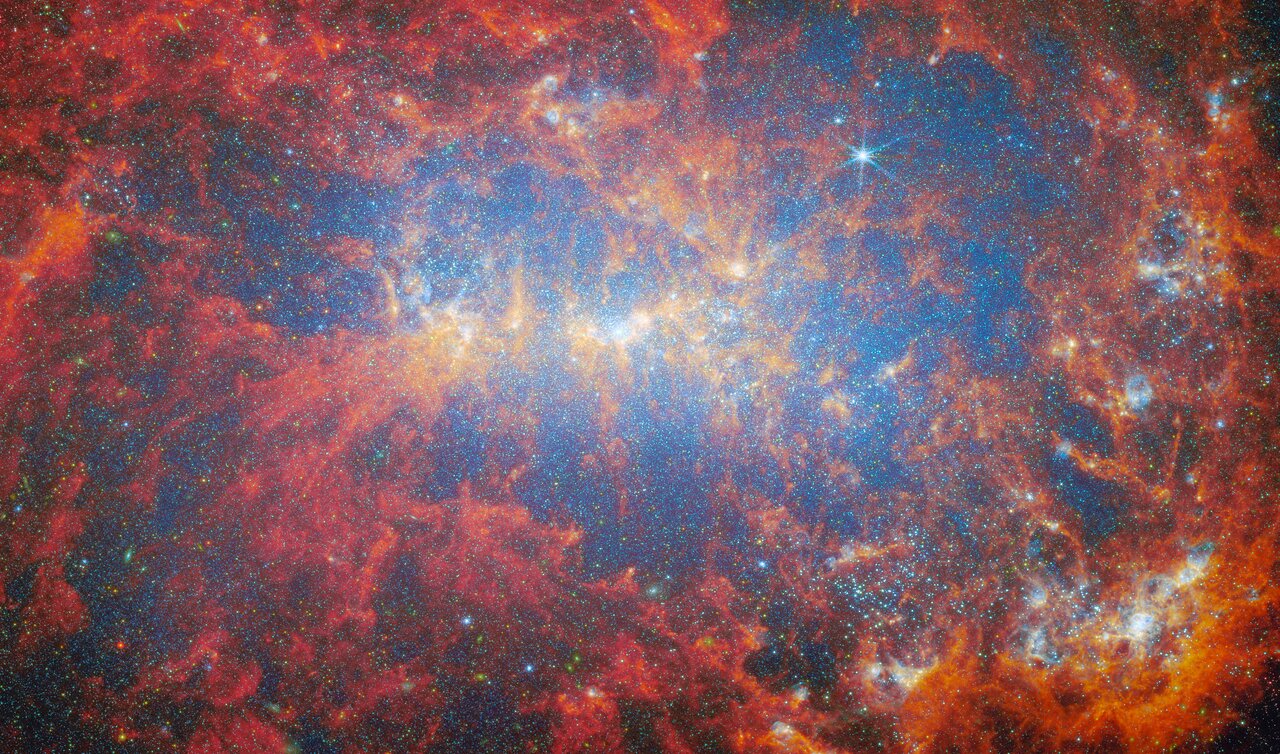Key Takeaways
- President Biden awarded the Presidential Early Career Award for Scientists and Engineers (PECASE) to 19 NASA researchers.
- The PECASE is the highest U.S. government honor for scientists and engineers at early career stages, emphasizing their potential for innovation.
- A diverse group of awardees contributed to significant advancements in areas such as space exploration, materials science, and robotics.
Acknowledging Research Excellence
President Biden has recognized 19 researchers affiliated with NASA as recipients of the Presidential Early Career Award for Scientists and Engineers (PECASE). These honorees are part of a broader group of nearly 400 federally funded researchers who have demonstrated exceptional contributions to science and engineering.
The PECASE, established in 1996 by the National Science and Technology Council, represents the U.S. government’s highest honor for early-career scientists and engineers. The award acknowledges recipients’ potential to advance scientific knowledge and their commitment to community service, evident through their leadership, educational outreach, or community engagement.
Kate Calvin, the chief scientist at NASA, expressed admiration for the awardees’ accomplishments, stating, “I am so impressed with these winners and what they have accomplished. They have made valuable contributions to NASA science and engineering, and I can’t wait to see what they do in the future.”
The NASA nominees exhibit a range of innovative and transformative research:
– Natasha Batalha (NASA Ames Research Center) is recognized for her pioneering work in developing open-source systems for modeling exoplanet atmospheres.
– Elizabeth Blaber (Rensselaer Polytechnic Institute) has contributed to groundbreaking research in space biology.
– James Burns (University of Virginia) is noted for inventive approaches at the overlap of metallurgy and chemistry.
– Egle Cekanaviciute (NASA Ames) focuses on research enabling human exploration on the Moon and Mars.
– Nacer Chahat (NASA Jet Propulsion Laboratory) has innovated spacecraft antennas for deep space missions.
– Ellyn Enderlin (Boise State University) has used satellite datasets to advance glacier studies.
Other awardees include David Estrada, who works on printed electronics for space manufacturing; Burcu Gurkan, who improves energy storage and carbon capture technologies; and Elliott Hawkes, known for innovations in bio-inspired robotics.
John Hwang and James Tuttle Keane have made strides in air taxi design and planetary geophysics, respectively. Several other recipients are similarly recognized for significant contributions across various scientific disciplines, including photovoltaic research, materials science, and planetary science.
The PECASE aims to emphasize the vital role that science and technology play in shaping America’s future. By nurturing early-career scientists and engineers, the awards promote innovative advancements, enhance public awareness of STEM careers, and create vital connections between research and national challenges.
For a complete list of PECASE award winners, please refer to the official announcement from the White House.
The content above is a summary. For more details, see the source article.













